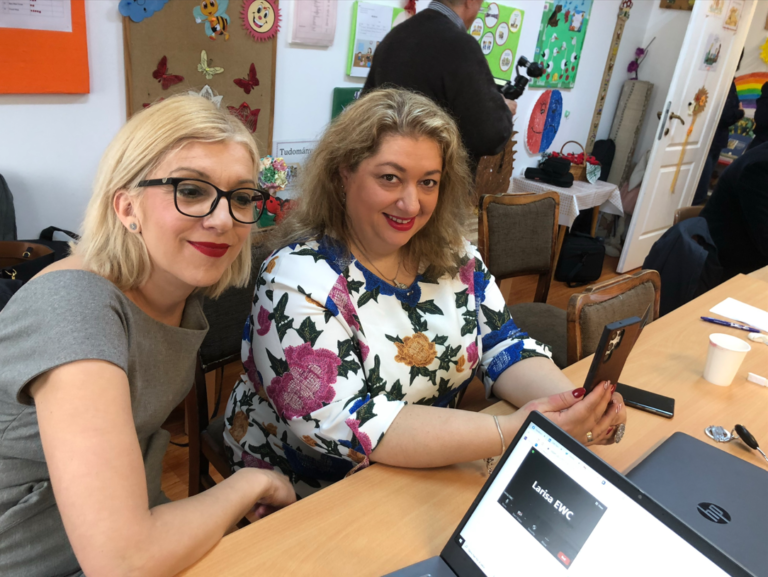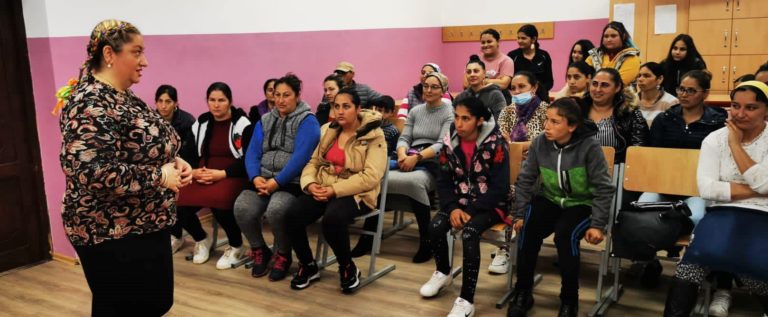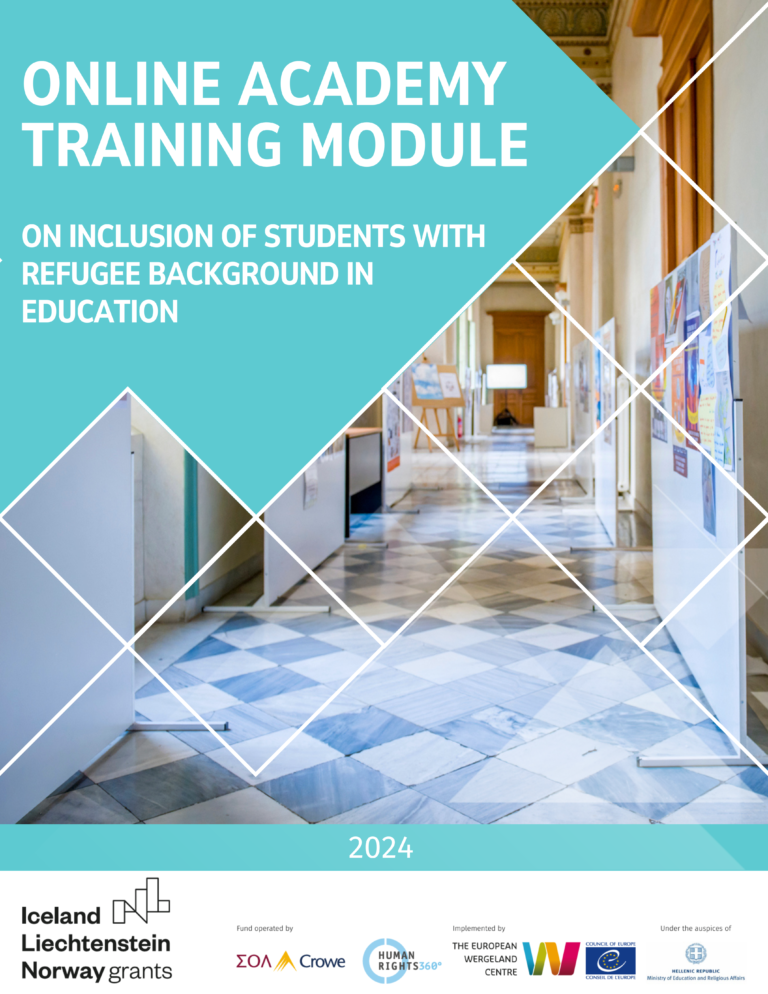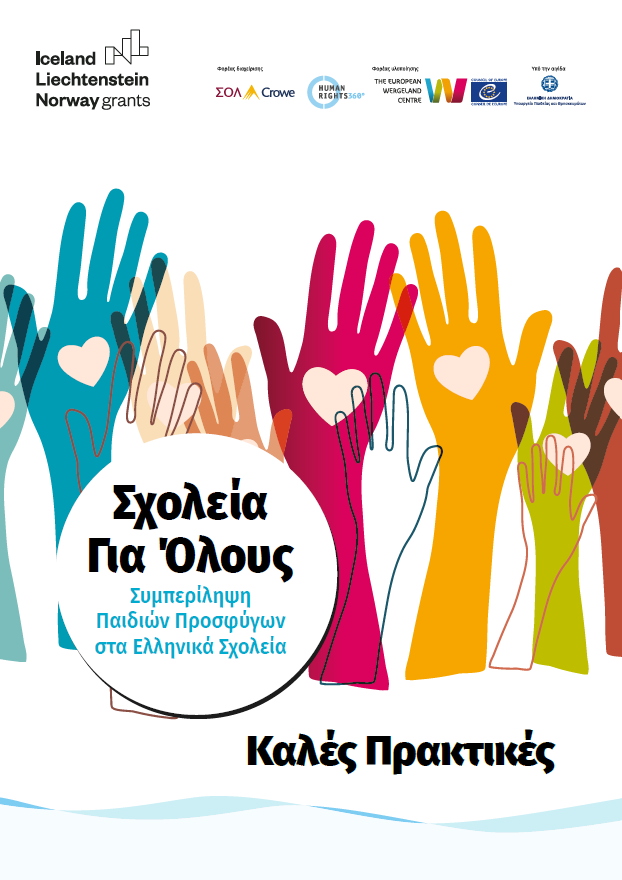In this interview Executive Director Ana Perona-Fjeldstad gives an update on how EWC has been handling the corona pandemic. She also talks about what challenges she sees today and in the time to come, as well as the importance of education for democratic citizenship and human rights education to ensure that this health crisis does not become a democracy crisis.
How has the outbreak of the Corona virus affected the EWC?
The pandemic has affected the whole world in different ways, EWC is no exception. We started following the development of the outbreak early March, preparing to take action as needed. We were in frequent contact with partners, experts and authorities in the countries where our projects are. On Monday March 9 we decided to postpone all activities involving face-to -face contact, with immediate effect. Three days later we closed the main office and facilitated all staff to work from home, something that is still in place six weeks later.
As a principle, we have not cancelled any activities involving face-to-face contact, but rather postponed them, and where possible activities have been moved online. I am told that in our project in Ukraine for instance, up to 9 school seminars have been held each day by our trainers via zoom, which means that activities continues as scheduled, but online. Our work with development of learning materials, particularly digital materials, has continued as normal, and the pandemic has given us an incentive to do even more in that direction.
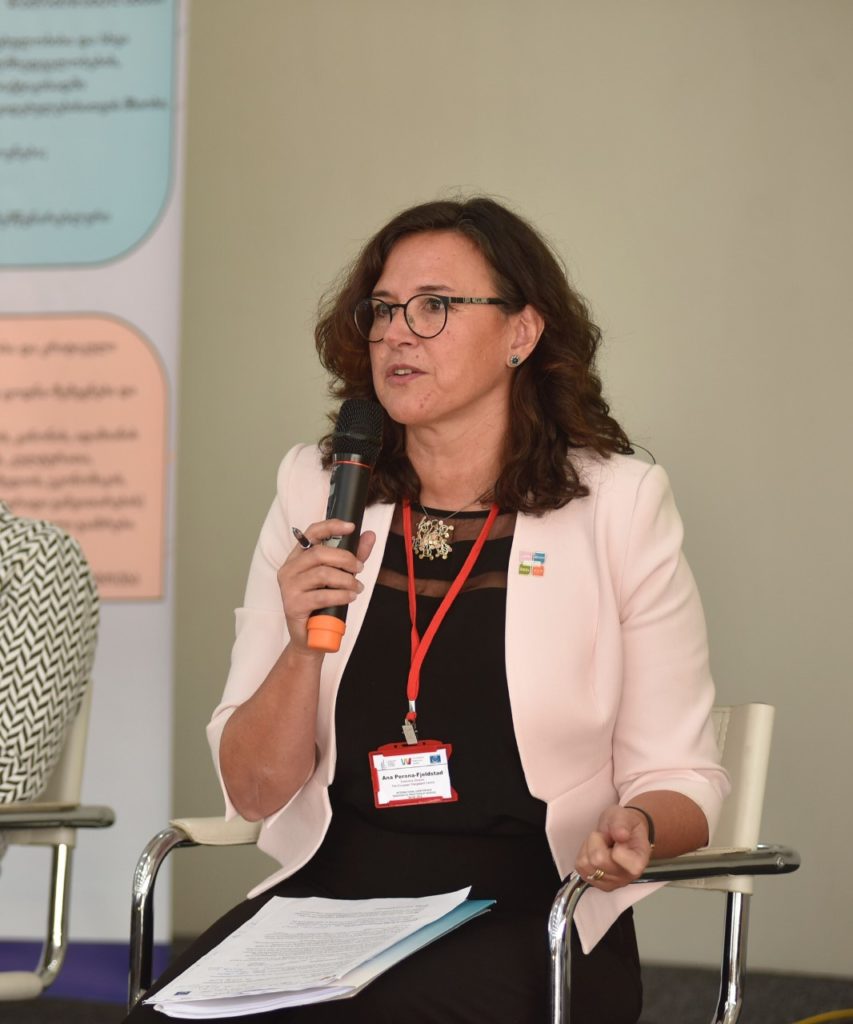
How has collaboration with partners in other countries been when you are not able to meet?
At the moment we have 16 major projects in 28 countries running. This means that we have to follow a variety of guidelines imposed by authorities at different times. EWC is very lucky to have so many partners and experts to rely on for advice and discussions at every step of the way.
We are very grateful for our partners who have given concrete and wise advice, sharing their insights throughout this process.
Ana Perona-Fjeldstad
It confirms that building partnerships is a key element for sustainable and effective action. We are very grateful for our partners who have given concrete and wise advice, sharing their insights throughout this process.
What do you see as the main challenges to the center´s work during this outbreak and in the time to come?
On challenges for our societies, besides the obvious health and economic issues affecting all of us, we should pay particular attention to existing gaps and the situation of already vulnerable groups. All educational institutions went online in few days, with some countries being better prepared than others. Pedagogies were in place, technologies were in place, teachers had received training during longer periods before the pandemic hit. The situation was quite the opposite in other places. Existing socio-economic and digital gaps will probably be accentuated by the pandemic. And once it is over, I hope we will have the time to reflect on how to solve these issues at a structural level.
Another challenge is the one facing children from vulnerable groups, many authorities and civil society are worried by the long-term consequences of these months of isolation. You can also see rampant misinformation, hate speech and conspiracy theories flourishing on the Internet and polarizing people. This is hugely damaging in a time when we need to come together. We must be on alert and avoid that this huge health crisis becomes also a democracy crisis.
At the institutional level, our challenges will probably be the same as for many other big and small organizations. A significant part of our work consists of bringing people together, something that will be an issue for some time, something that we will do our best to solve with digital solutions as far as possible. We will be very cautious and follow the prescribed guidelines for safety before we start gathering people again.
Our projects last for several years, as a rule 3 years. Keeping the motivation of our participants who are so involved at the moment can be a challenge if it prolongs for a very long time. We have designed a number of initiatives from virtual coffees several times a week, to regular online meetings, to webinars and other opportunities for professional development to facilitate contact and exchanges. We will stay in touch and I hope our participants and partners will do the same.
Education for democracy and human rights has a lot to offer in this situation, to strengthen our social fabric now and for the future. So as we stand in the middle of this major crisis, it gives us an opportunity to think new, and especially to reflect on how we work and how we can be less vulnerable to similar situations in the future.
Ana Perona-Fjeldstad
Do you see any new opportunities for EWC and EDC/HRE as a result of the pandemic?
I have seen many voices urging for more focus on strengthening democratic competences in our educational systems (such as from the World Economic Forum in Davos). They are talking about the importance of civic mindedness, social responsibility, solidarity, understanding and living the principles and values that are the cornerstone of our societies, staring already in kindergartens. We are in this together, we need to act together. Or as Prime Minister Erna Solberg (Norway) recently said, “global problems require global answers”. These values need to be taught and learnt in each generation, particularly building resilience in an increasingly complex and uncertain world. Education for democracy and human rights has a lot to offer in this situation, to strengthen our social fabric now and for the future. So as we stand in the middle of this major crisis, it gives us an opportunity to think new, and especially to reflect on how we work and how we can be less vulnerable to similar situations in the future.
Anything you would like to say to the EWC community?
Stay safe and take good care. We will cope and we will learn. Hoping to see many of you soon, keep your energy, stay in touch.
